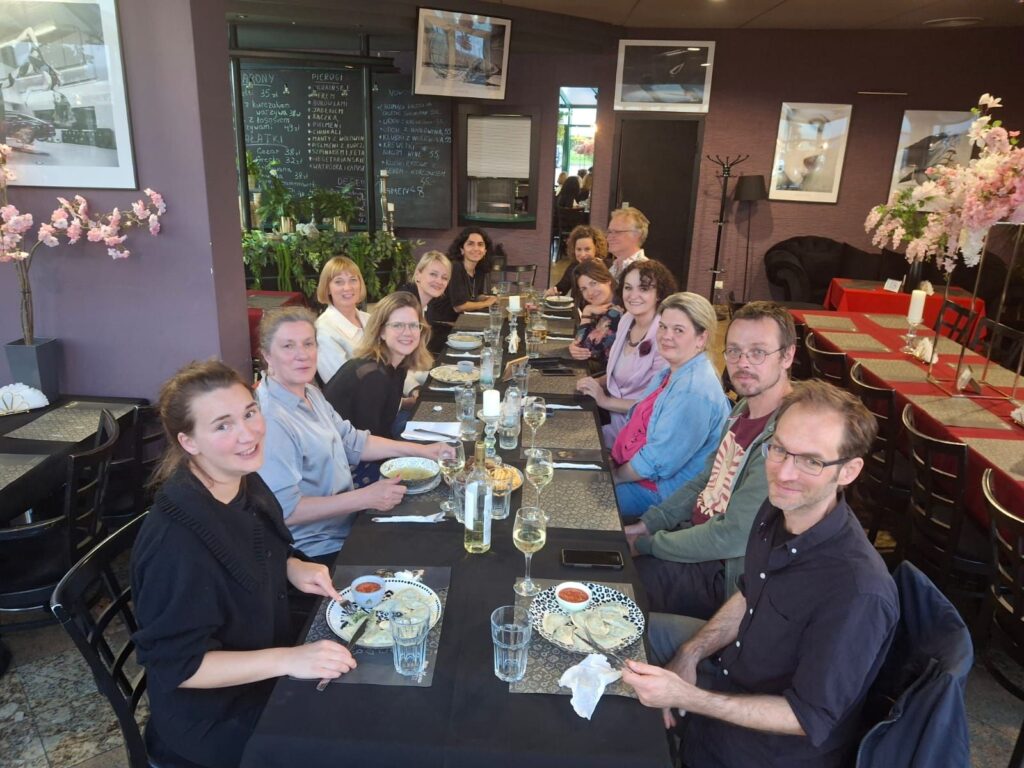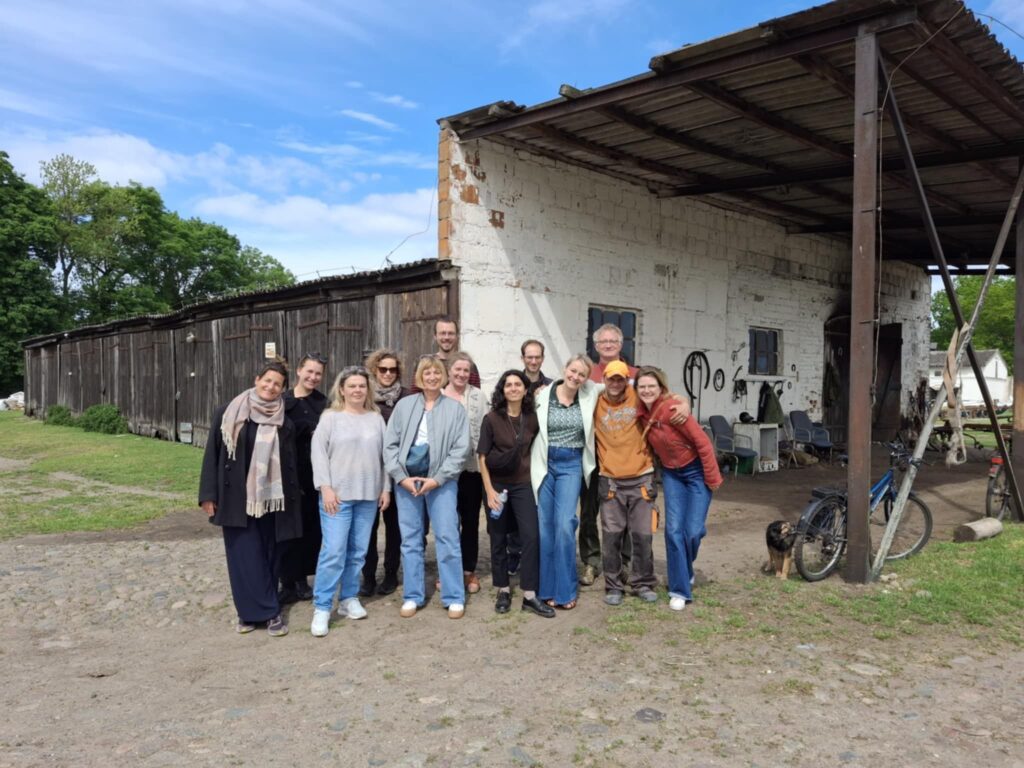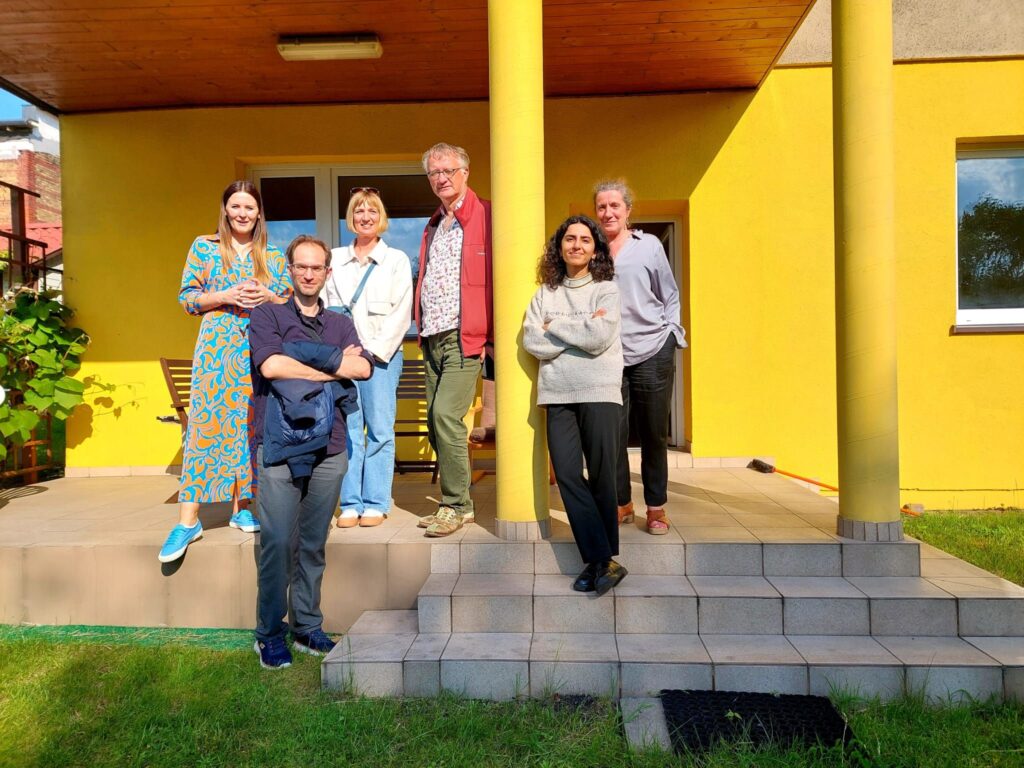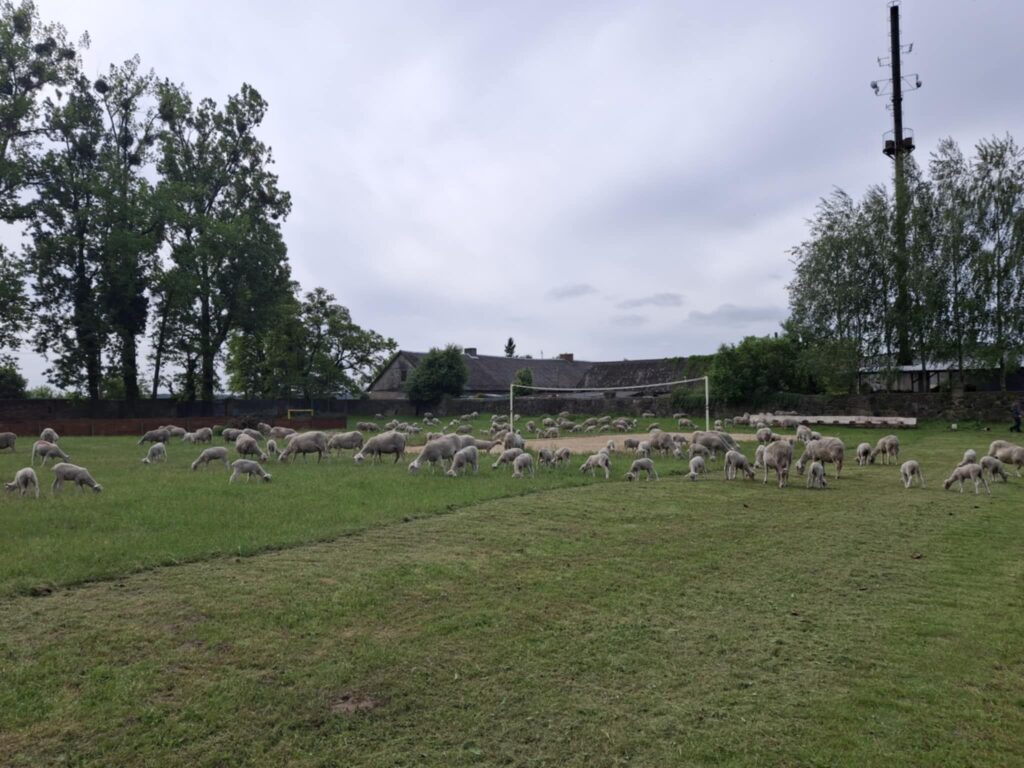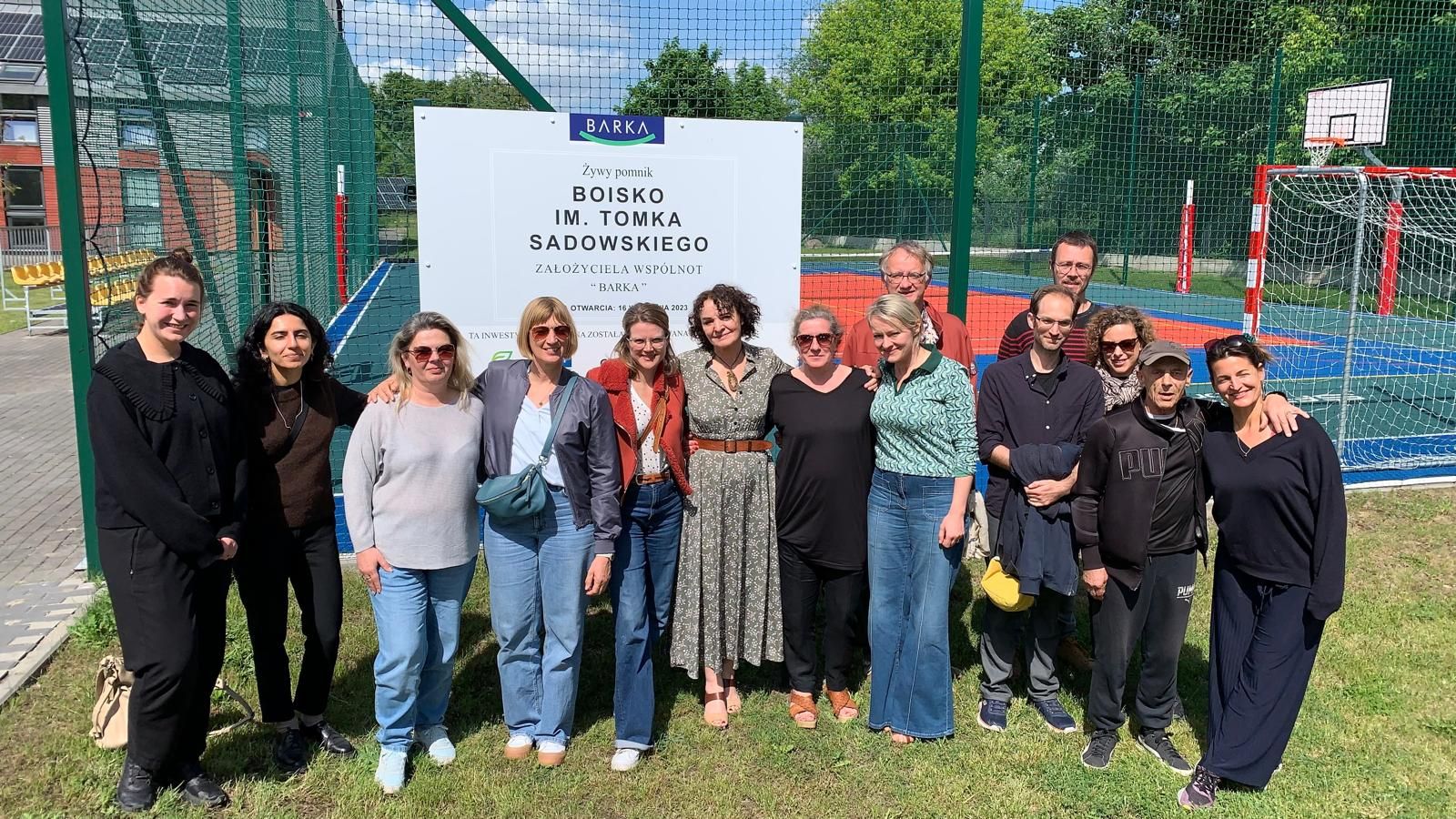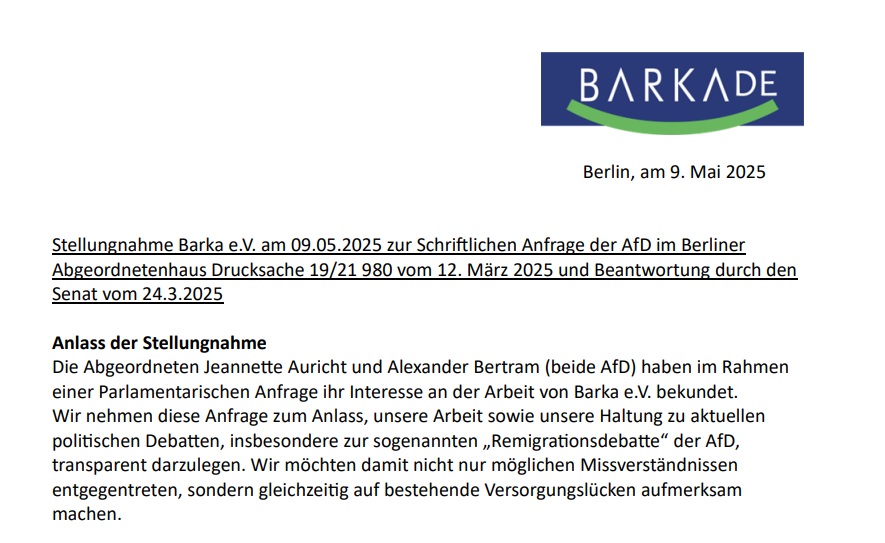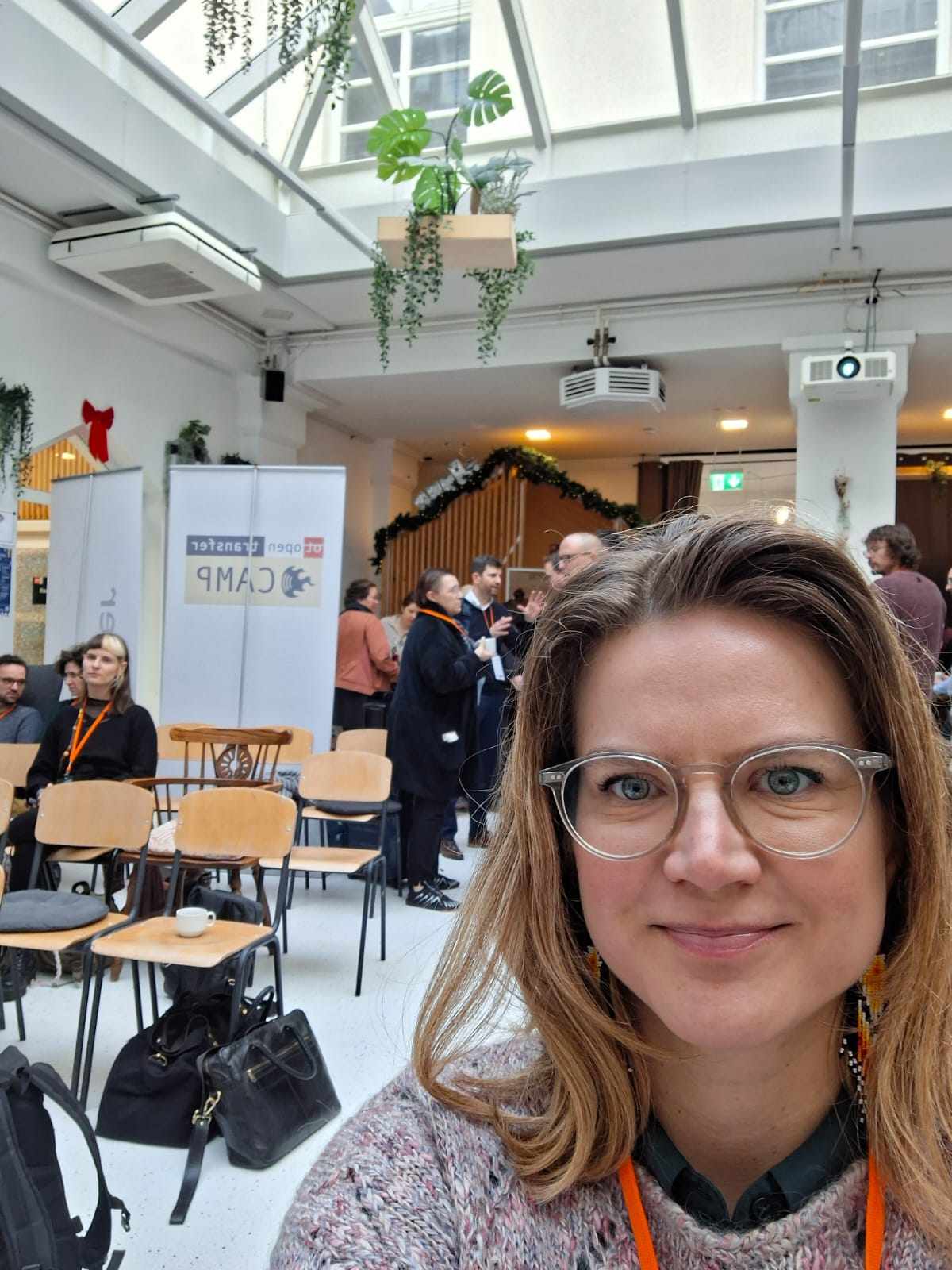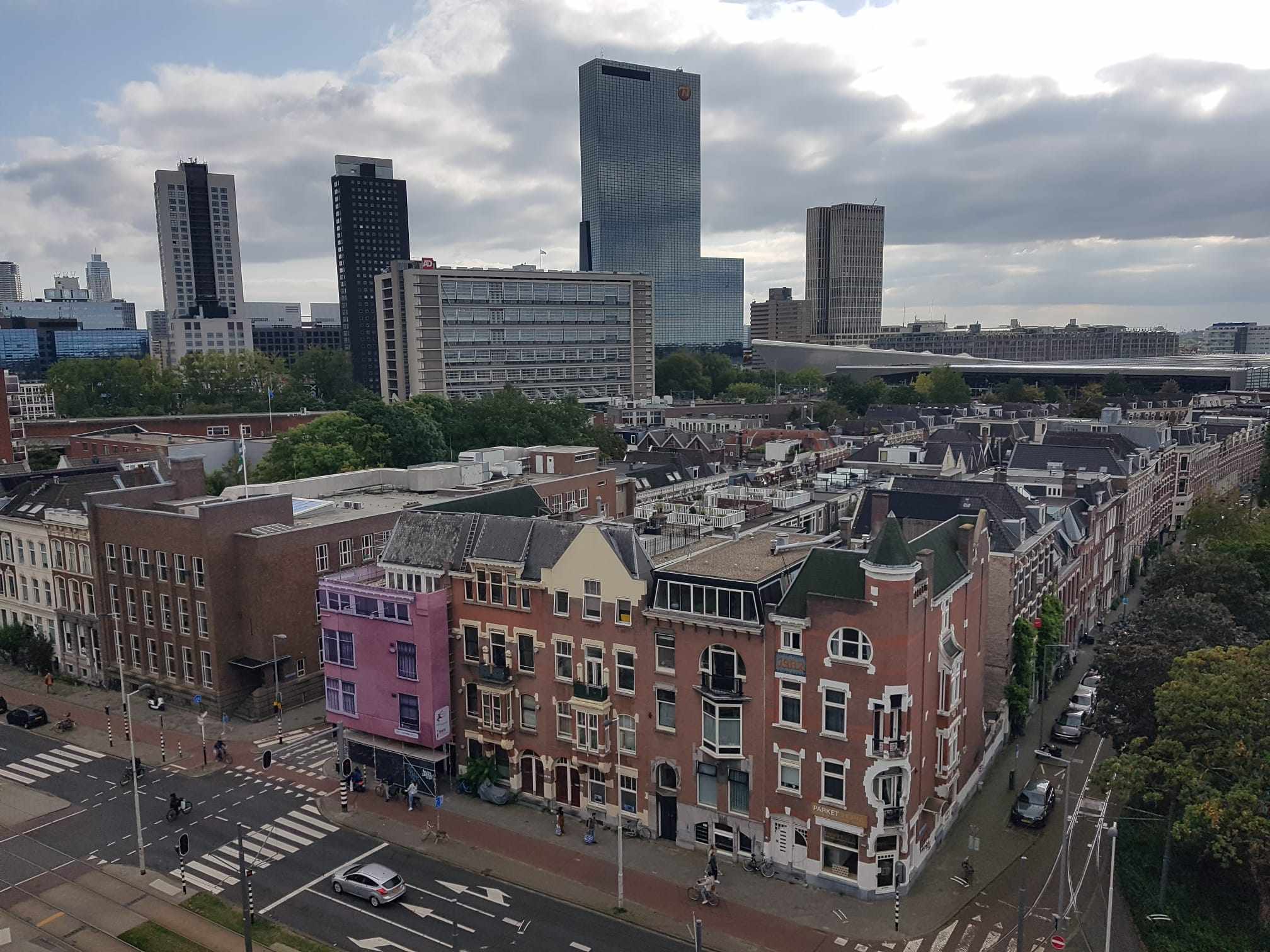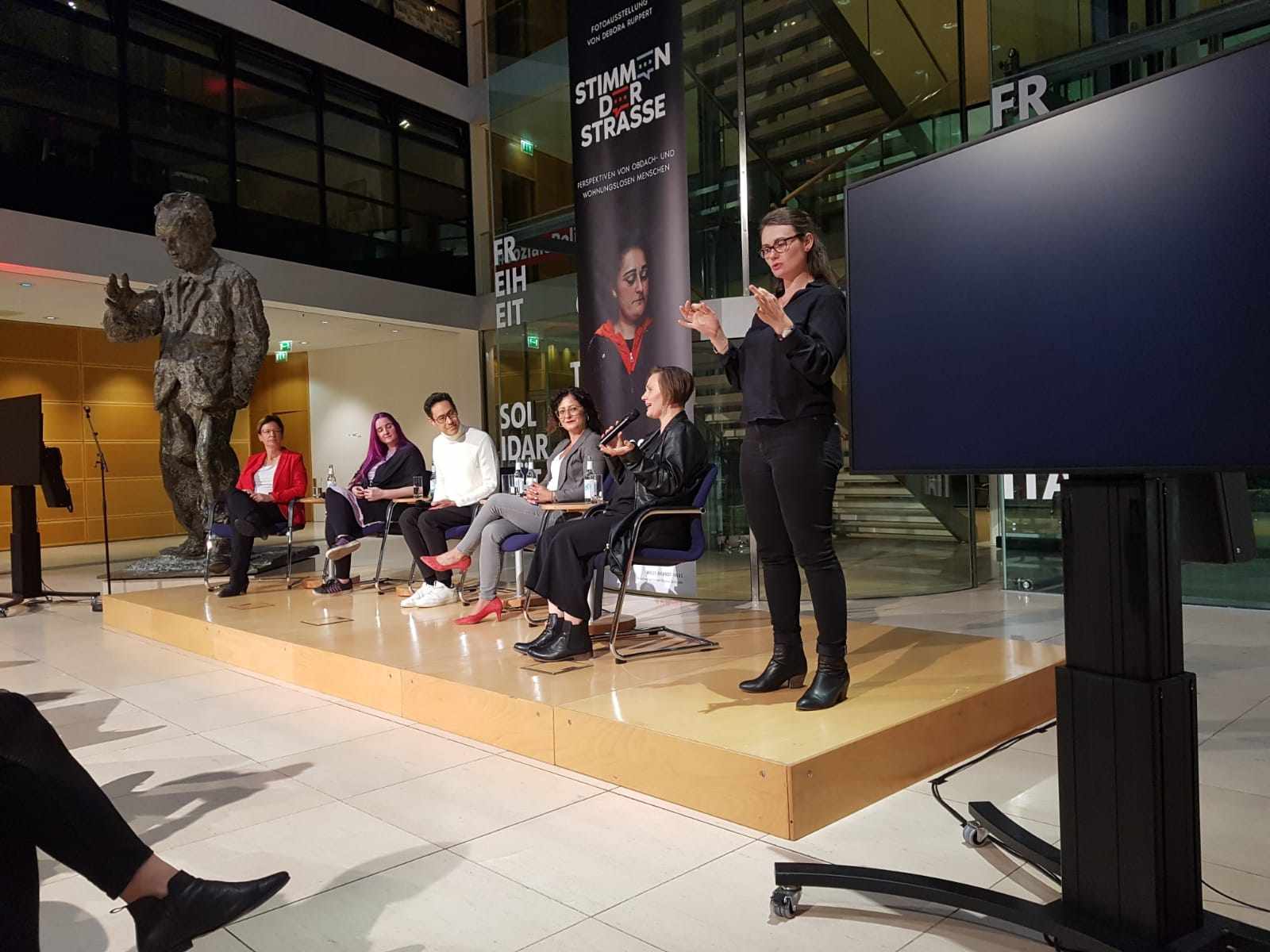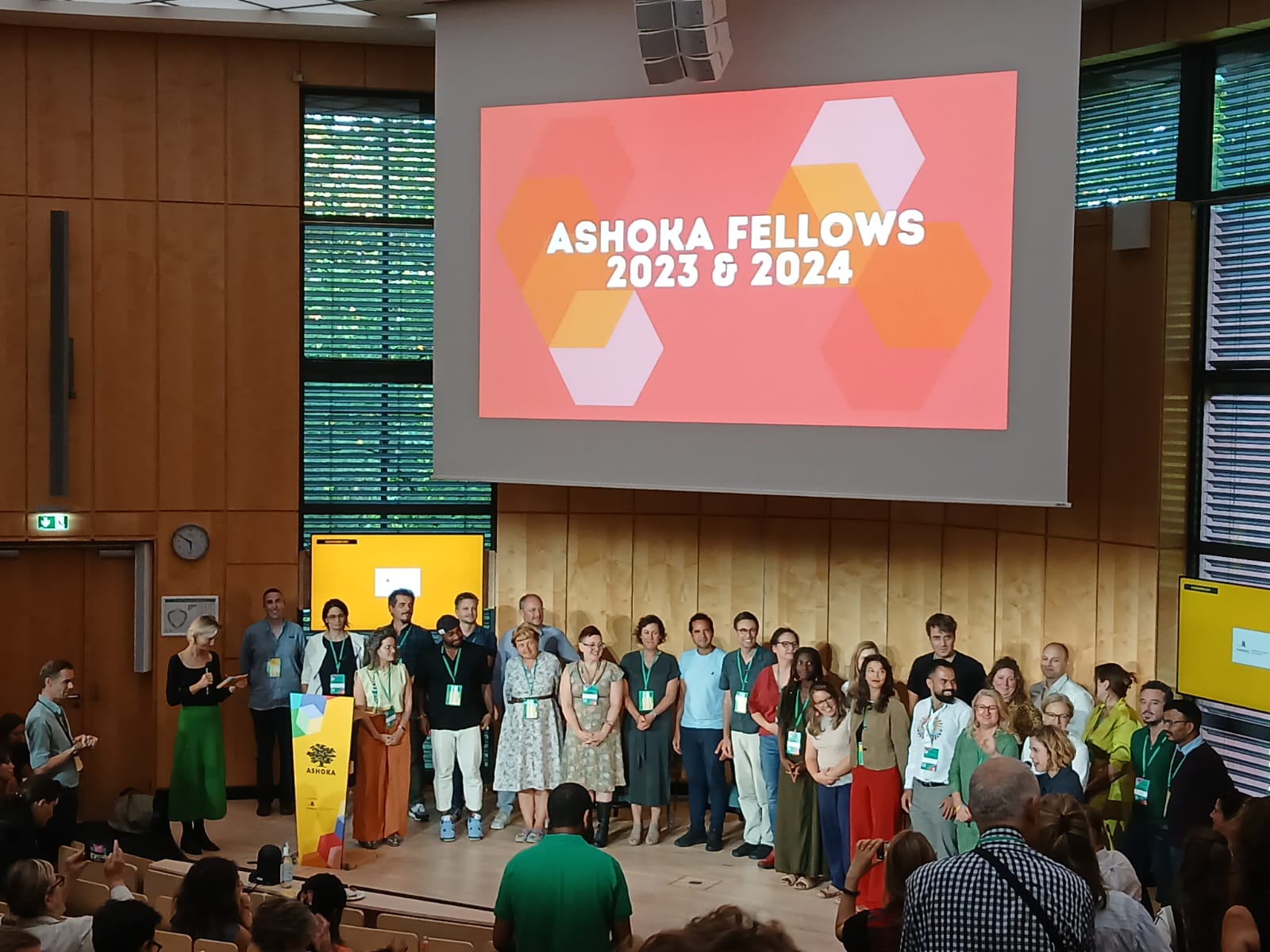We would like to express our sincere appreciation to our partners from Berlin, Hannover, and Utrecht for taking the time to visit Barka in Poznań last week, following the reestablishment of Barka in Germany.
The two-day visit provided an in-depth look into Barka’s holistic model of social reintegration and community living – a model that, for over 35 years, has enabled people experiencing homelessness, addiction, or failed migration to rebuild meaningful lives in abstinence-based communities through solidarity, mutual support, and shared responsibility.

The program included:
- Meetings at Barka’s headquarters in Poznań, where we discussed the legal framework for reintegration programs and social entrepreneurship in Poland.
- A visit to a training apartment supporting Polish returnees from the Netherlands.
- Shared meals and open conversations with community members at the Social Integration Centre.
- An overnight stay near Chudobczyce, followed by a tour of the Barka community house and organic farm, where residents, including those who returned after failed migration experiences, spoke about life and recovery in the community.
- A final stop at the Diakonische Beschäftigungsgesellschaft included a tour of their container repair facilities and tailoring workshop, accompanied by the social worker who supports employees in retaining their jobs and, if needed, in finding accommodation in Barka’s own social housing.
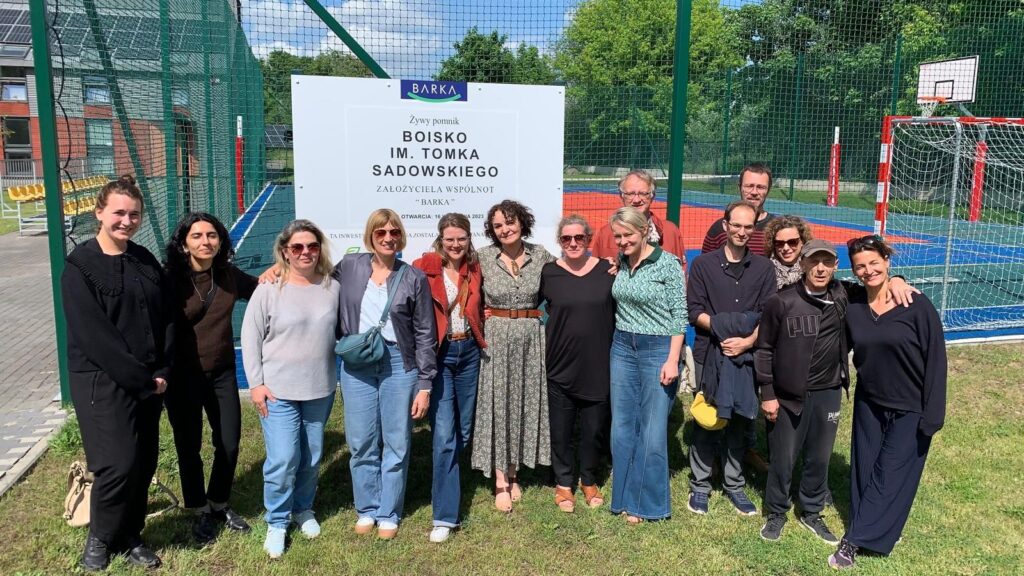
We are especially grateful for the openness and honest exchange throughout the visit, with new and old colleagues. Our long-standing collaboration with the City of Utrecht since 2012 has shown the importance of cross-border partnerships in supporting vulnerable EU citizens.
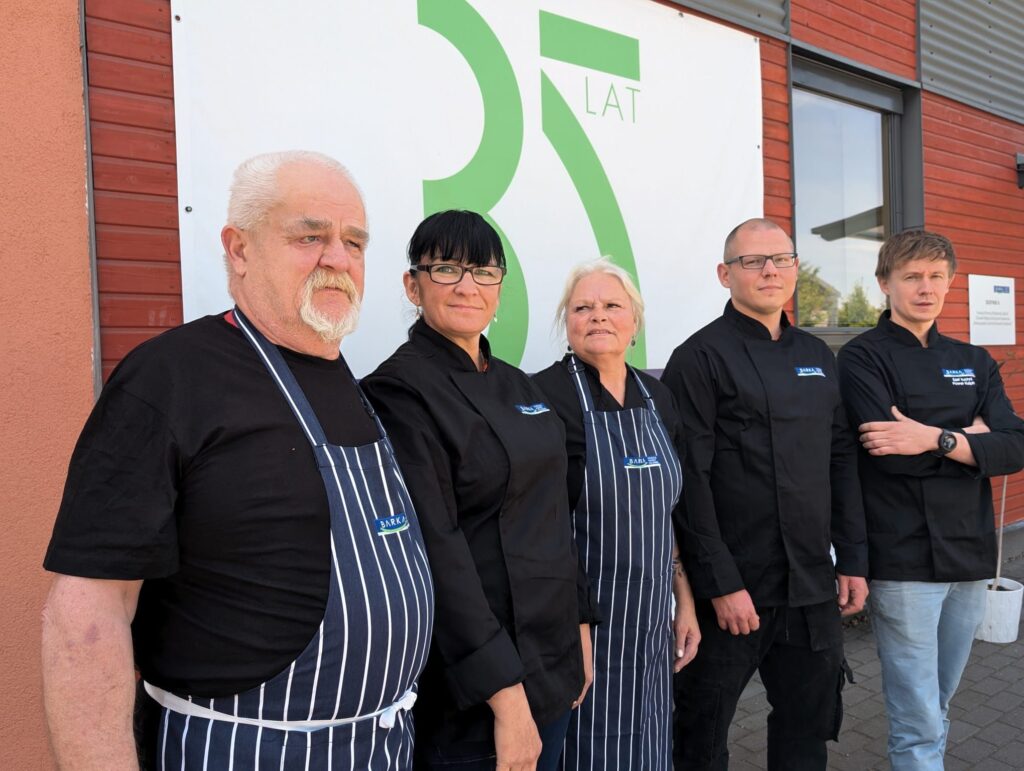
The question came up several times from our German partners:
What about people who can’t live in abstinence – shouldn’t there be a community for them as well?
While Barka acknowledges that harm reduction is a necessary and important complement to abstinence-based models – especially in contexts where individuals are systematically excluded from healthcare and addiction services, as is often the case for EU migrants in Germany and other member states – we also emphasize that addiction can be brought under control through supportive community living.
In Barka’s experience, co-living with others who face similar struggles – including addiction, homelessness, poverty, work exploitation, criminal records, and social exclusion – creates a powerful space for solidarity, trust, motivation and recovery. These shared life experiences often become the foundation for individuals to start over and rebuild meaningful lives.
